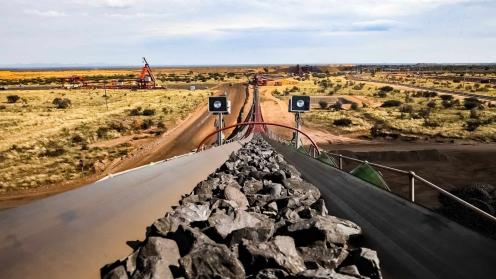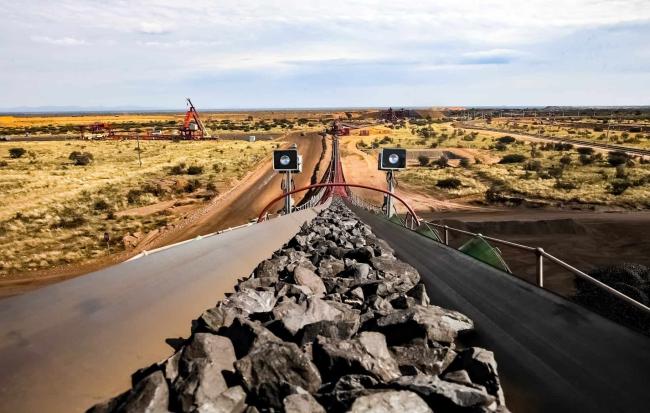About
Policymakers, experts, and stakeholders will chart a path toward a future where mining—expected to drastically increase in the search for critical minerals for a renewable energy system—drives tangible, sustainable benefits for developing, resource-rich countries.
Final report
Summary report 26–28 June 2023
All coverage
The exploitation of mineral resources does not automatically translate into industrial or sustainable development. Raw materials are often extracted and exported without having been processed domestically or integrated into local supply chains. Companies and countries reap huge benefits, often at great cost to the immediate surrounding communities and environment. The transition to clean energy has led to a drastic increase in the need for critical minerals as renewable energy systems require more minerals than their fossil fuel-based counterparts. For example, a typical electric car requires six times the mineral inputs of a conventional car and an onshore wind plant requires nine times more mineral resources than a gas-fired plant.
While this has opened up key opportunities for resource-rich countries, developing countries, where many of these critical minerals are found in significant quantities, struggle to address the taxation challenges that come with these opportunities. No comprehensive international treaty on mining has emerged over the past fifty years, and regulation of mine activities depends mainly on national frameworks and policies. Among the developing African countries, the Democratic Republic of the Congo and Zambia are determined to change this. In 2022, the two countries signed an historic cooperation agreement to facilitate the development of electric battery and clean energy value chains.
On how governments can improve revenue collection in the mining sector, the Intergovernmental Forum on Mining, Minerals, Metals and Sustainable Development (IGF) and the African Tax Administration Forum (ATAF), with support from the Zambian Revenue Authority, will host a Global Conference on Resource Taxation from 26-28 June 2023, in Lusaka, Zambia.
Through a series of panel discussions and “fireside chats,” speakers from a range of sectors and organizations will consider:
- the state of play of mining taxation, including success stories, ongoing challenges, new opportunities, and risks for governments of resource-rich countries;
- key opportunities and risks for resource-rich countries arising from the low carbon transition, particularly the demand for critical minerals;
- demand projections for critical minerals, and regional and country-level strategies, as well as an industry perspective on the potential mining boom;
- the impact that a changing landscape of international tax and global tax cooperation will have on resource-rich developing countries;
- new taxing rights, the global minimum tax, and the proposal for a UN convention on taxation;
- emerging regional approaches to international and domestic tax issues; and
- the mining industry’s role in limiting global carbon emissions through innovative fiscal policies in support of a balanced and just decarbonization agenda.
The IGF and ATAF will launch their joint research project based on contributions from governments, civil society, academia, and industry that culminated in the Handbook, The Future of Resource Taxation: 10 Policy Ideas to Mobilize Mining Revenues that outlines ways to strengthen mining revenue collection, sustainably, while producing the minerals needed to address climate change.
The Earth Negotiations Bulletin (ENB) writers for this meeting are Suzi Malan, Ph.D., and Wangu Mwangi. The Digital Editor is Diego Noguera. The Editor is Leila Mead.
The Global Conference on the Future of Resource Taxation is organized by ATAF, IGF, and the Zambian Revenue Authority.

To receive free coverage of global environmental events delivered to your inbox, subscribe to the ENB Update newsletter.

